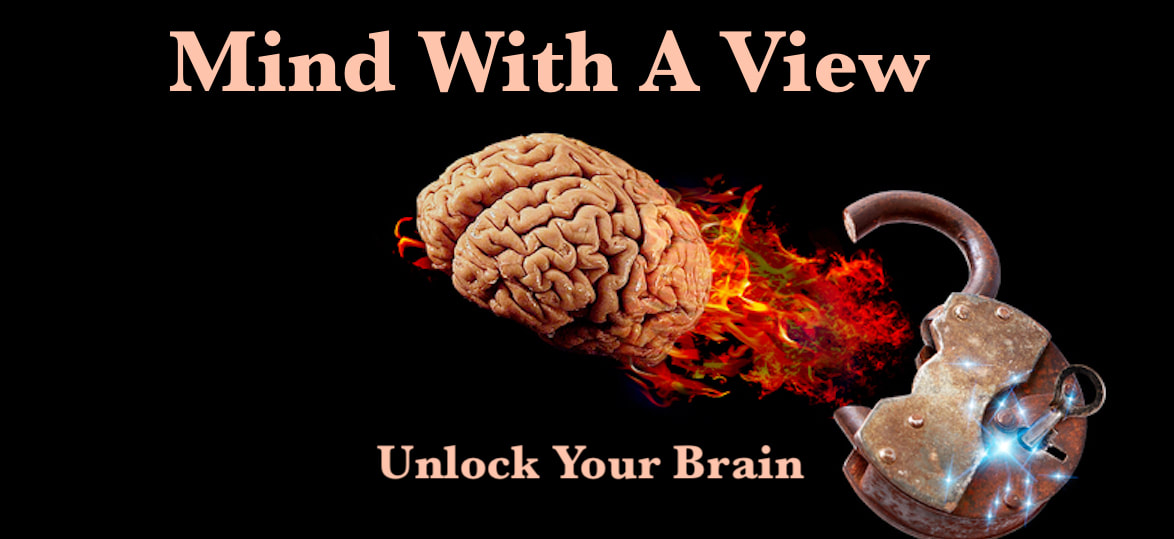Super-Agers Perform as Well as Twenty-Year-Olds on Memory Tests
Worried that your memory will decline with age? You may be right to worry--unless you're a super-ager, that is.
A super-ager is an elderly person who performs as well as younger adults on tasks of cognitive function. They also don't show the typical brain shrinkage that usually develops as we age.
In a recent study, researchers scanned the brains of typical older adults (mean age 67), “super-agers” (mean age 66), and younger adults (mean age of 25) while they performed a very challenging memory test. The test required the participants to view 80 pictures of faces or scenes that were paired with an adjective, such as an image of a city paired with the word “industrial”, and to decide whether the word matched the image.
Ten minutes later, each participant was shown the same 80 image-word pairs, along with 40 new pairs and 40 rearranged pairs, such as the city image they’d seen previously now paired with the word “rural”. Their job was to indicate whether each word-image pair was “old”, “new”, or “rearranged”.
Younger adults typically outperform older adults on this kind of task. That’s because when we’re young, our brains are organized into distinct groups of neurons that respond selectively to different categories of images: Some groups respond strongly to faces, others to house, others to trees, and so on. As a result, it is easy to create and retrieve vivid and distinct memories of what we see. But as we age, these distinct populations become less choosy. Subsets that used to respond primarily to faces now respond to other images as well. That makes it more difficult to form and retrieve distinct memories for the things we see.
Unless you are a super-ager, that is.
The super-agers in this study not only out-performed typical older adults on the memory test, their performance equaled the performance of younger adults. Brain scans revealed why: The scans of superagers in this study were found to have the same degree of differentiation as the younger adults, and far exceeded that of the typical older adults.
Were the brains of super-agers just naturally more efficient than their peers, or did they intentionally developed strategies to compensate for the decline of the aging brain—ones that can be taught? That is the next question the investigators plan to investigate.
The study was published in the scientific journal Cerebral Cortex on June 30, 2021. https://academic.oup.com/cercor/advance-article-abstract/doi/10.1093/cercor/bhab157/6311553?redirectedFrom=fulltext
Copyright Denise D. Cummins, Nov 18, 2021
Worried that your memory will decline with age? You may be right to worry--unless you're a super-ager, that is.
A super-ager is an elderly person who performs as well as younger adults on tasks of cognitive function. They also don't show the typical brain shrinkage that usually develops as we age.
In a recent study, researchers scanned the brains of typical older adults (mean age 67), “super-agers” (mean age 66), and younger adults (mean age of 25) while they performed a very challenging memory test. The test required the participants to view 80 pictures of faces or scenes that were paired with an adjective, such as an image of a city paired with the word “industrial”, and to decide whether the word matched the image.
Ten minutes later, each participant was shown the same 80 image-word pairs, along with 40 new pairs and 40 rearranged pairs, such as the city image they’d seen previously now paired with the word “rural”. Their job was to indicate whether each word-image pair was “old”, “new”, or “rearranged”.
Younger adults typically outperform older adults on this kind of task. That’s because when we’re young, our brains are organized into distinct groups of neurons that respond selectively to different categories of images: Some groups respond strongly to faces, others to house, others to trees, and so on. As a result, it is easy to create and retrieve vivid and distinct memories of what we see. But as we age, these distinct populations become less choosy. Subsets that used to respond primarily to faces now respond to other images as well. That makes it more difficult to form and retrieve distinct memories for the things we see.
Unless you are a super-ager, that is.
The super-agers in this study not only out-performed typical older adults on the memory test, their performance equaled the performance of younger adults. Brain scans revealed why: The scans of superagers in this study were found to have the same degree of differentiation as the younger adults, and far exceeded that of the typical older adults.
Were the brains of super-agers just naturally more efficient than their peers, or did they intentionally developed strategies to compensate for the decline of the aging brain—ones that can be taught? That is the next question the investigators plan to investigate.
The study was published in the scientific journal Cerebral Cortex on June 30, 2021. https://academic.oup.com/cercor/advance-article-abstract/doi/10.1093/cercor/bhab157/6311553?redirectedFrom=fulltext
Copyright Denise D. Cummins, Nov 18, 2021
